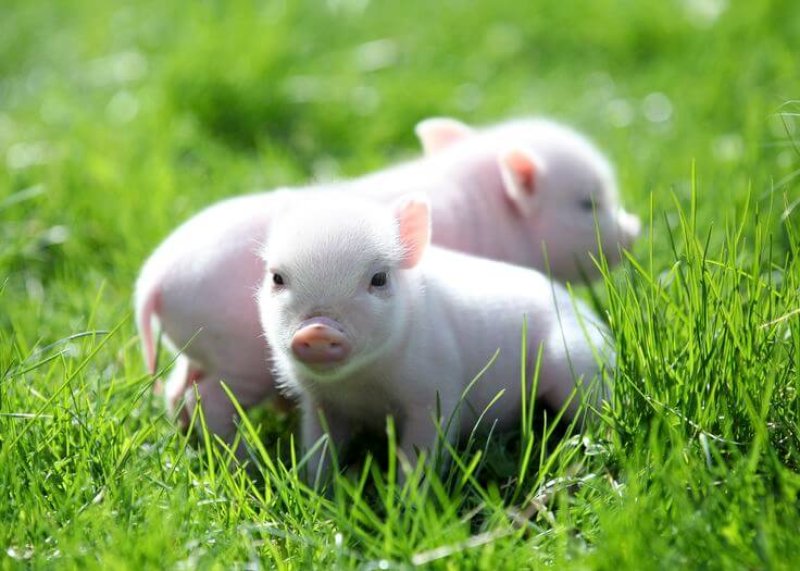Researchers in the US have created gene-edited piglets that are free of viruses that could be harmful to humans. This has cleared one of the biggest hurdles preventing pig-to-human organ transplants.
It’s an exciting development, Dr. Atul Humar, the medical director of the University Health Network’s multi-organ transplant program, told CTV. If researchers can find ways to safely transplant pig heart, lungs, livers and other organs into humans, “it could really dramatically change” the organ donor shortage problem, says Dr. Humar, who was not involved in this study.
…
Pigs have more than 25 Pervs, or Porcine endogenous retroviruses, permanently embedded in their genomes (Humans have plenty of our own endogenous retroviruses in our genomes too, as do many other animals.)
The Pervs cause no harm to the pigs but if they are introduced into humans, they could transmit new difficult-to-treat diseases, in much the way that AIDS — also caused by a retrovirus — was introduced into humans.
But now, researchers say have found a way to use genetic engineering to deactivate these retroviruses.
…
[I]f the research goes well, pigs could become a new exciting source of donor hearts, lungs, kidneys, livers and more.The GLP aggregated and excerpted this blog/article to reflect the diversity of news, opinion, and analysis. Read full, original post: Researchers in the US create gene-edited, virus-free piglets































